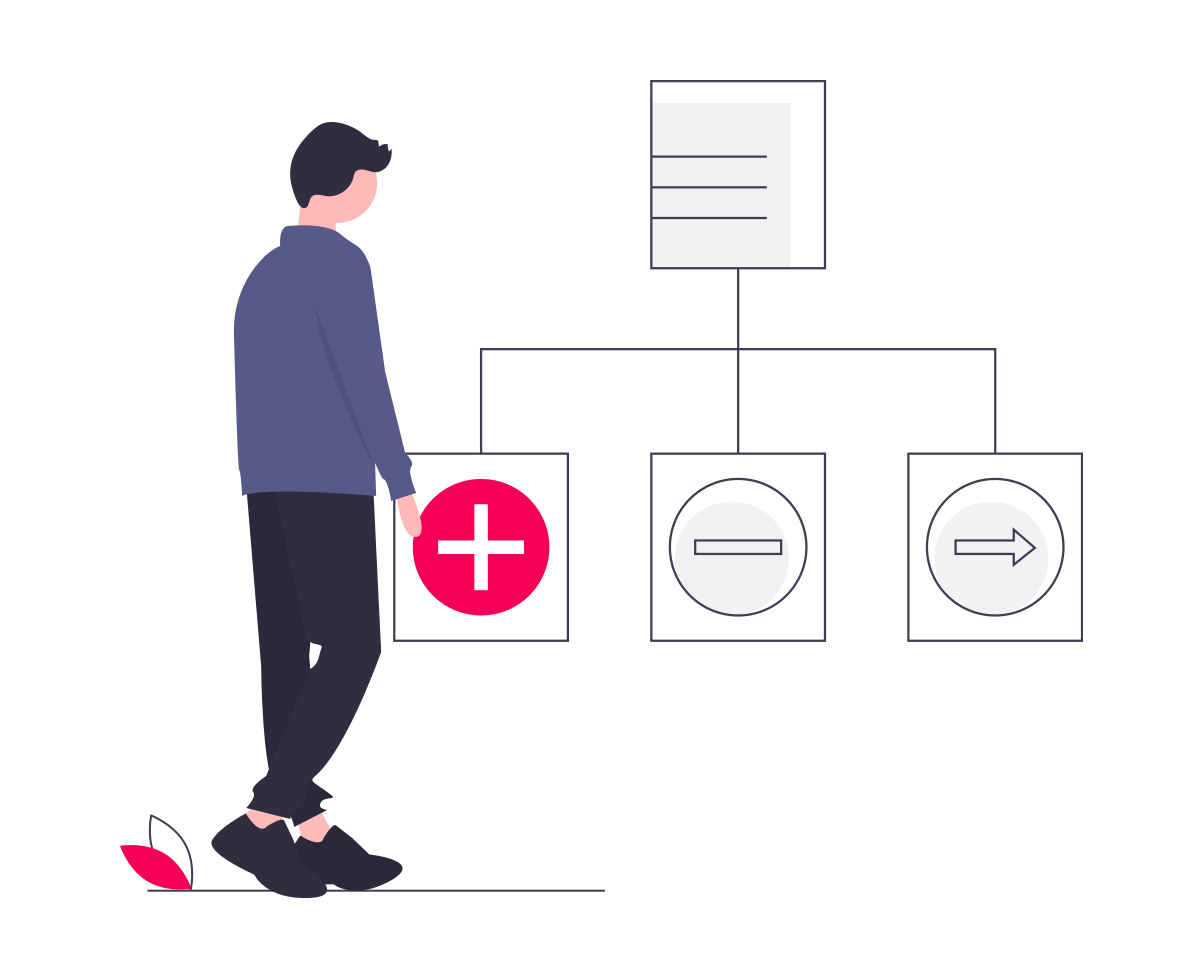Welcome to issue #3 of Product Fundamentals

prioritize:
/prīˈôrəˌtīz//praɪˈɔrəˌtaɪz
Designate or treat (something) as being very or most important.
Determine the order for dealing with (a series of items or tasks) according to their relative importance.
The importance of prioritization as a skill in Product management cannot be overstated.
Why it’s important: Opportunity Cost
You are compromising energy, resources, value, skill, the opportunity for success when you don’t work on the right problem at the right time.
Tim Kern (Starbucks’ Coffee Guru) says: “There’s nothing worse than bad coffee brewed properly.” Going after the wrong problem is worse than failing on the right one.
Time is key to product success and time wasted NOT working on the most important issue is a lost opportunity.
How you should think about prioritization:
Prioritization as a PM is working on the item that creates the most customer value first.
Constant tradeoffs: making hard decisions as frequently and objectively as possible on what you don’t want to do.
Use a number of tools and frameworks to consistently evaluate a project, product, problem. Consider quantitative data but also qualitative.
Break down a project into granular steps from design and planning all the way to release and maintenance and even further next versions, future pipeline.
Ask fundamental questions such as:
Will doing this project give us a strategic/competitive advantage?
Will it delight my users?
Will it satisfy my stakeholders?
Prioritization doesn’t stop at the product planning stage. You need to constantly think about it to prevent scope creep.
Collaboration over consensus. Getting your team to collaborate and be part of the process of prioritization rather than presenting and voting on work done in isolation.
Your gut and product instincts have value, don’t forget to leverage it.
Common Prioritization Frameworks
MoSCoW (must, should, could, won’t) method
Weighted scoring and Ranking.

Source: Folding Burrito

Not-so-common Prioritization Frameworks
Know that mistakes will be made. No tool or framework will give you the right answer all the time. Lastly, constantly question if you are falling into biases like Groupthink and Sunk Cost Fallacy that may occur unnoticed.

